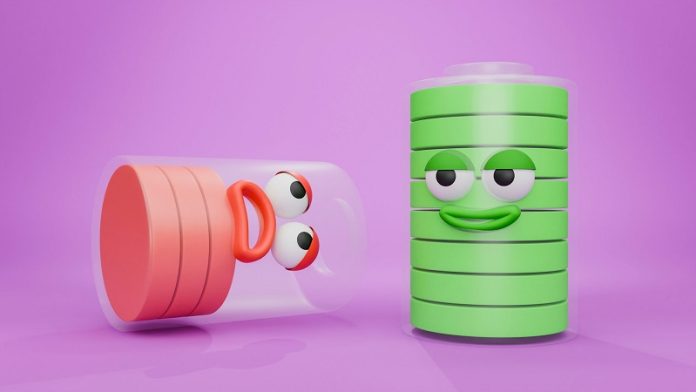
Lithium-ion batteries power most of our devices and electric cars, but they come with challenges. Lithium is expensive, hard to source, and limited in supply.
This could cause problems as demand grows. To tackle this, scientists worldwide are looking for alternative battery technologies that are cheaper and more sustainable.
A breakthrough has been made by an international team of researchers, including the Canepa Research Laboratory at the University of Houston.
They have developed a new material for sodium-ion batteries, a promising alternative to lithium-ion batteries.
The findings, published in Nature Materials, show how this new material could make batteries more efficient and boost energy performance.
The material, called sodium vanadium phosphate (NaxV2(PO4)3), improves sodium-ion batteries by increasing their energy density—the amount of energy stored per kilogram—by more than 15%.
Traditional sodium-ion batteries can store 396 watt-hours per kilogram (Wh/kg). This new material raises that to 458 Wh/kg, bringing sodium technology closer to lithium-ion batteries in performance.
Sodium is much cheaper than lithium—nearly 50 times less expensive—and can even be harvested from seawater.
“Sodium-ion batteries could be cheaper and easier to produce, reducing reliance on lithium and making batteries more accessible worldwide,” said Pieremanuele Canepa, a professor at the University of Houston and lead researcher of the Canepa Lab.
The research team created a prototype battery using the new material. Unlike older materials, NaxV2(PO4)3 allows sodium ions to move smoothly in and out of the battery during charging and discharging.
This material, part of a group called “Na superionic conductors” or NaSICONs, stays stable and efficient as it stores and releases energy.
The new material also delivers a steady voltage of 3.7 volts compared to 3.37 volts in older sodium-ion batteries. While this difference seems small, it significantly boosts energy storage. The key is vanadium, a component of the material, which can store and release more energy efficiently.
This development could lead to more sustainable, affordable energy solutions. Sodium-ion batteries using this material could meet the energy demands of modern technology while being eco-friendly and cost-effective. The same method used to create this material could also help develop other advanced energy storage technologies.
“Our goal is to find clean, sustainable energy solutions,” said Canepa. “This material proves sodium-ion batteries can power the future while being affordable and kind to the planet.”
Researchers hope this innovation will support the shift toward a cleaner energy economy, making sustainable energy more accessible to everyone.
Source: KSR.



